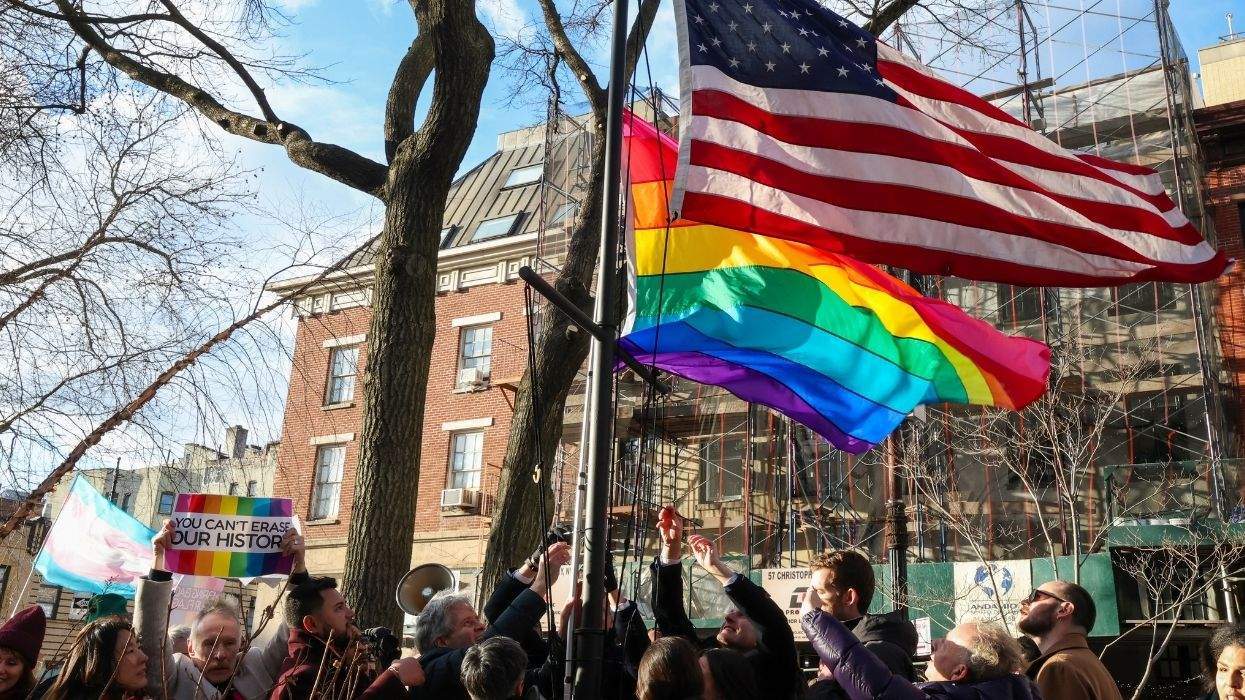Americans are pretty divided when it comes to students using chosen names and pronouns in school, according to a new survey released earlier this week.
The survey, a collaboration between the 19th and SurveyMonkey, included responses from more than 20,000 adults.
Four in ten Americans believe teachers should be allowed to use a student's chosen name that aligns with their current gender identity without informing the student's parents, according to the survey's findings.
Notably, younger adults aged 18-34 are more inclined to support this notion, with 49 percent backing it, compared to 36 percent of adults aged 35-64 and 40 percent of those aged 65 and above. When it comes to individuals who personally know someone who is transgender, the support increases, with 48 percent in favor compared to 34 percent of those without such connections.
This data emerges against a backdrop of legislative changes across the U.S.
Education Week reported that, as of now, legislation has been passed in at least ten states that dictates that teachers, staff, and fellow students are not mandated to use a student's chosen pronouns or names if they don't align with the student's sex assigned at birth. Moreover, in six of these ten states, teachers or administrators must inform parents if a child wishes to use a different name or set of pronouns.
These laws, which began emerging in May 2022, are seen by many as part of a broader movement to limit the rights and recognition of transgender, nonbinary, and gender-nonconforming students in schools. They often overlap with other regulations, such as restricting transgender students' bathroom access or participation in school sports. Some even extend to lessons about gender identity and sexual orientation.
For example, in Arkansas, teachers require parental approval to use a student's pronouns or name that doesn't align with their birth certificate details. The law also prevents schools from mandating teachers to recognize the pronouns or names a transgender or nonbinary student prefers.
Advocates of these regulations argue they uphold the free speech rights of educators and the rights of parents to guide their children's education. However, opponents argue they undermine the well-being and rights of transgender students.
These legislative efforts and the survey results underscore the complex landscape of opinions and policies surrounding gender identity in American schools.
The poll also revealed that understanding transgender issues and gender-affirming care influences public opinion. Dr. Angela Kade Goepferd of the Children’s Minnesota Gender Health Program told The Advocate that there is a misconception that medical care for transgender young people involves secret conversations behind parents’ backs, or kids who are seen and immediately prescribed puberty blockers and hormones. Extremists also claim that doctors are performing gender-confirmation surgeries on children when, in reality, none of those things are the case.
Gender-affirming care has been a part of medical education and treatment for decades. It is based on established standards of care shown to have positive mental health and well-being outcomes.
















Charlie Kirk DID say stoning gay people was the 'perfect law' — and these other heinous quotes
These are some of his worst comments about LGBTQ+ people made by Charlie Kirk.